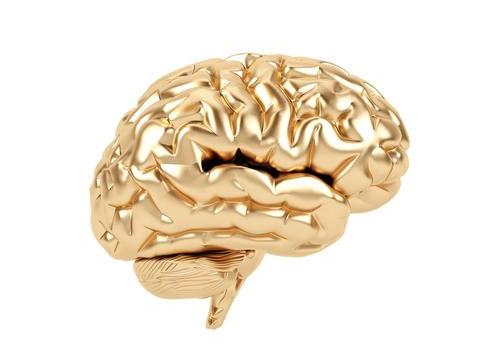Why We Get the Facts Wrong, Even in the Information Age

What’s the Latest Development?
One might think that given the ease of accessing encyclopedic knowledge at the tap of a smartphone app, all the world’s true and accurate facts would naturally rise to the top. One would be wrong. “Despite our unprecedented ability to rapidly learn new things and crowdfix mistakes, Knowledge and its twin sister Error continue to propagate in complex and intriguing ways,” says Samuel Arbesman, an applied mathematician and network scientist. Despite modern communication technology, “newer knowledge does not spread as fast as it should and weaves its way unevenly throughout society.”
What’s the Big Idea?
The problem of lingering misinformation goes beyond Fox News, says Arbesman: “Entire fields of science invest time, money, and other resources recapitulating the findings of others due to their ignorance of other fields’ advances.” But how can misinformation remain so rampant when the facts are more available than ever? Some of the problem is explained by the complexity of social networks as well as cognitive quirks that make each of us predisposed to either accept or reject new information quite independently of whether or not it is true.
Photo credit: Shutterstock.com





